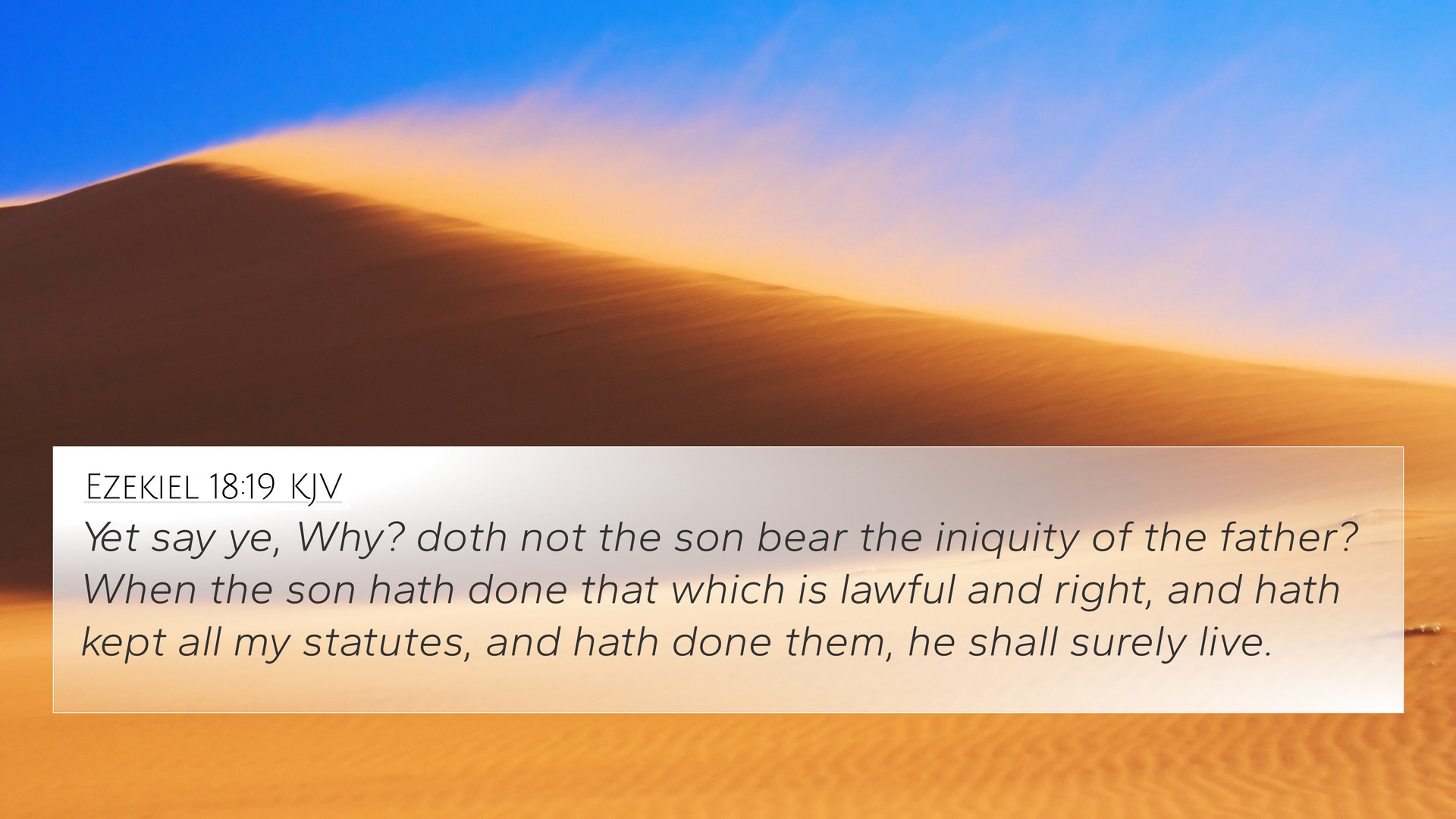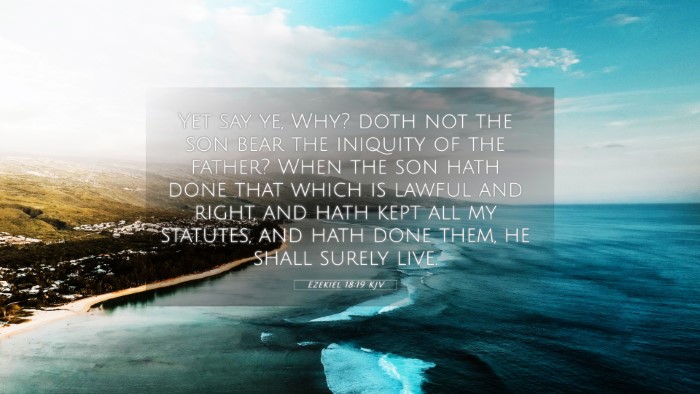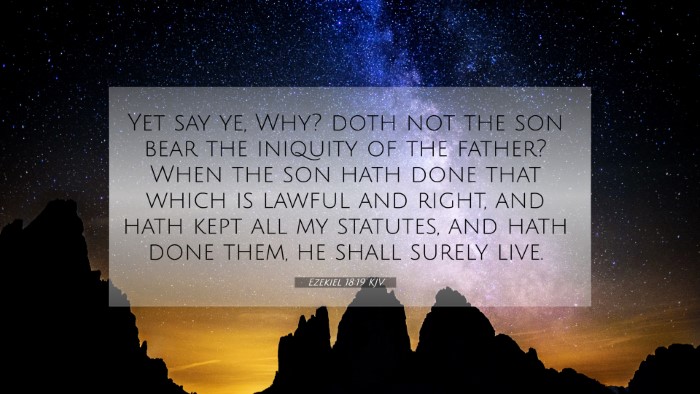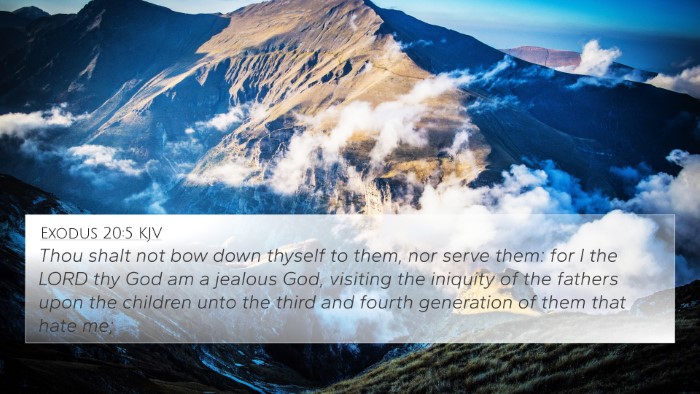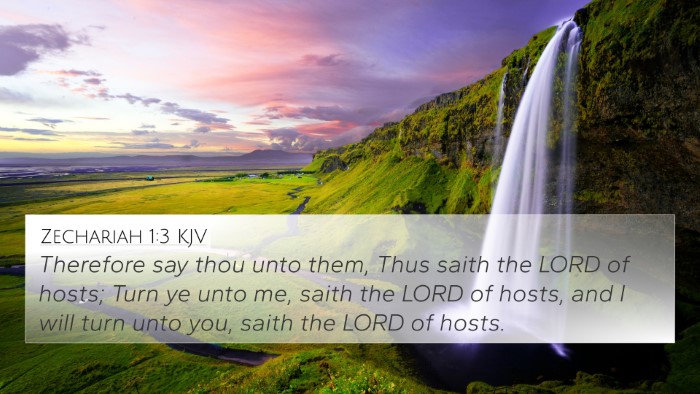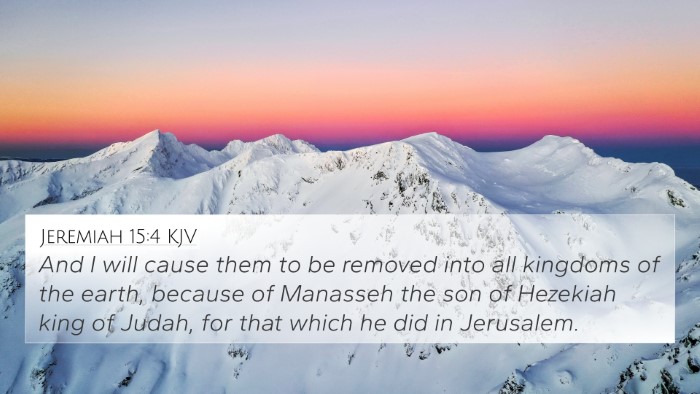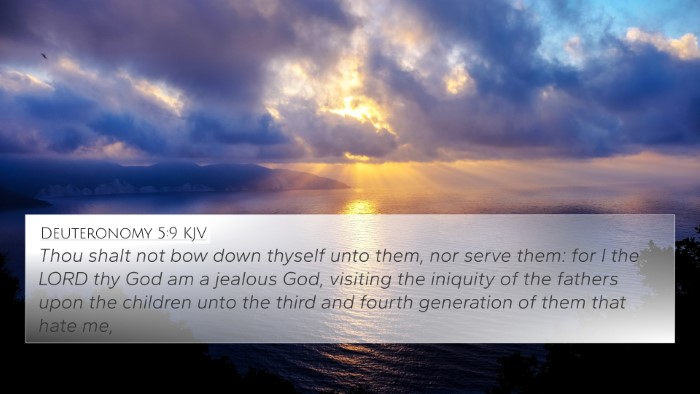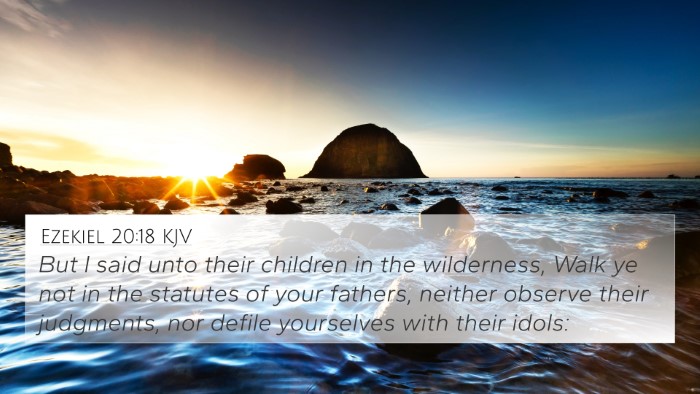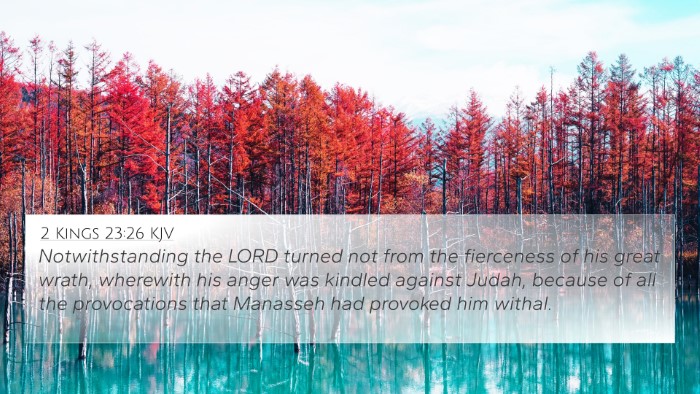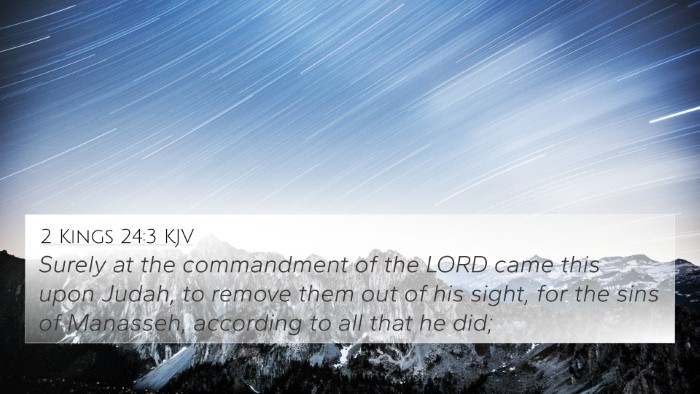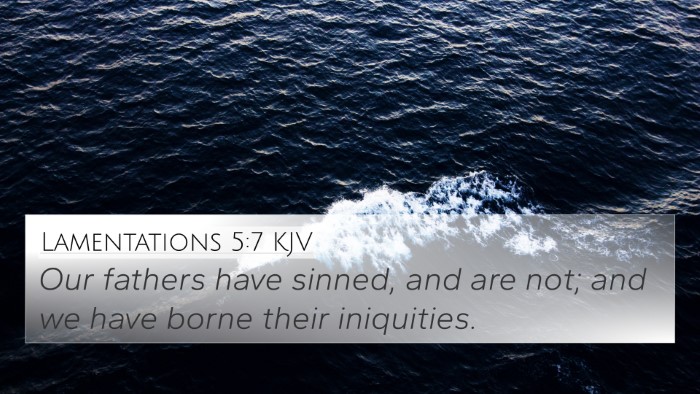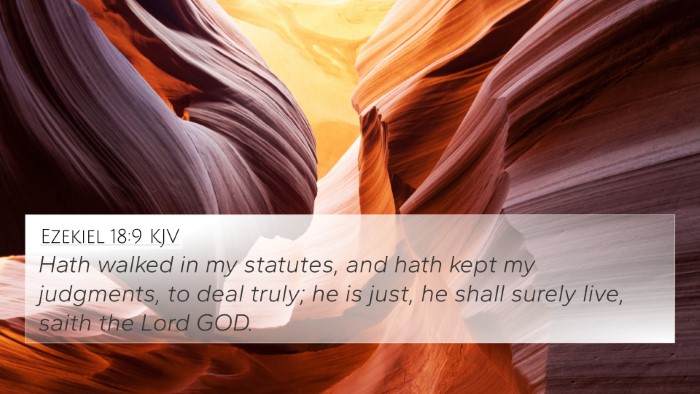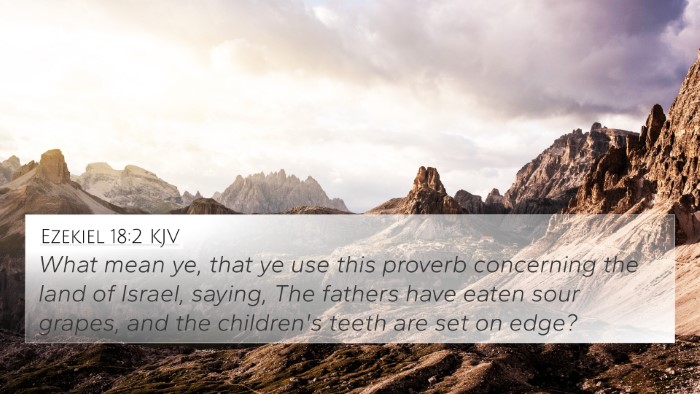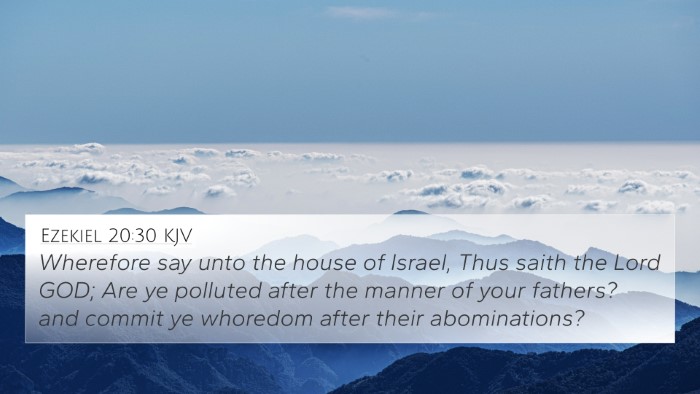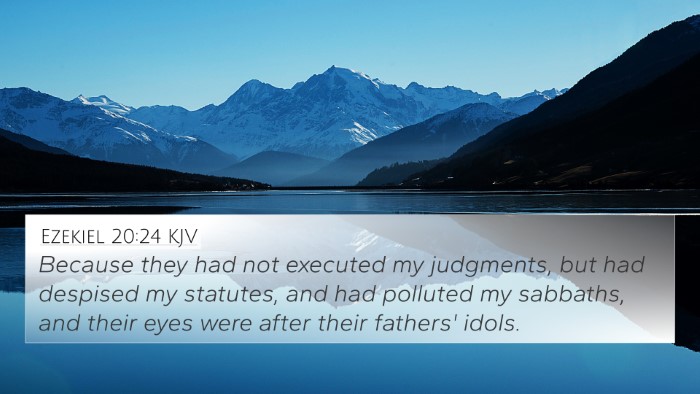Understanding Ezekiel 18:19
Bible Verse: Ezekiel 18:19 - "Yet you say, 'Why should the son not bear the guilt of the father?' Because the son has done what is lawful and right, and has kept all My statutes and observed them, he shall surely live."
This profound verse from the Book of Ezekiel underlines critical themes of personal responsibility, the nature of sin, and the justice of God. The prophet Ezekiel addresses the claims of the people of Israel, who believed that they were suffering because of their father's sins. This verse confronts this misconception by emphasizing individual accountability before God.
Key Insights from Public Domain Commentaries
Matthew Henry's Commentary
Matthew Henry emphasizes the justice of God in His dealings with humanity. He states that every individual is judged based on their own actions and not the actions of their ancestors. This verse asserts that obedience to God’s laws results in life, illustrating that repentance and righteous living can break the cycle of sin that often ensnares families. It reassures believers that they are not destined to bear the consequences of sinful lineage but can choose to lead a life according to God’s statutes.
Albert Barnes' Notes
Albert Barnes points out that this verse serves to clarify the moral and theological principle of personal accountability. He argues that the righteousness of a son proves that he is not to be punished for his father's transgressions. The verse collectively speaks to the idea that God’s judgment is righteous and is based solely on individual acts. Furthermore, it highlights that mercy and grace are available to those who adhere to God’s commandments.
Adam Clarke's Commentary
Adam Clarke expands on the idea of divine justice portrayed in this verse. He explains that the Lord communicates the principle that each person bears their own weight of sin. Clarke notes that this teaching reflects a broader biblical narrative where God invites individuals to choose righteousness over sin. The verse encourages self-examination and the pursuit of right living, pointing towards a relationship built on faithfulness and obedience to God’s word.
Thematic Connections and Cross-references
Ezekiel 18:19 encourages exploration into several connected scriptures, establishing a rich context for understanding the themes of justice, personal responsibility, and divine mercy:
- Deuteronomy 24:16: “Fathers shall not be put to death for their children, nor shall children be put to death for their fathers; a person shall be put to death for his own sin.” - Reinforces individual accountability for sin.
- Galatians 6:5: “For each one shall bear his own load.” - Emphasizes that personal actions have personal consequences.
- Romans 14:12: “So then each of us shall give account of himself to God.” - Highlights individual judgment before God.
- Ezekiel 18:30: “Therefore I will judge you, O house of Israel, every one according to his ways, says the Lord GOD.” - The surrounding context reiterates the theme of personal responsibility.
- Jeremiah 31:30: “But everyone shall die for his own iniquity; every man who eats the sour grape, his teeth shall be set on edge.” - Further establishes that each person faces the consequences of their own actions.
- 1 Peter 1:17: “And if you call on the Father, who without partiality judges according to each one’s work, conduct yourselves throughout the time of your stay here in fear.” - Points to God’s impartiality in judgment.
- Matthew 12:36: “But I say to you that for every idle word men may speak, they will give account of it in the day of judgment.” - Conveys that every action will be judged.
Exploring Personal Responsibility in Biblical Context
The examination of Ezekiel 18:19 opens the door to understanding broader biblical themes that influence contemporary believers. The inter-Biblical dialogue on individual accountability necessitates a careful and comparative Bible verse analysis to glean insights into its implications for faith and ethics.
Comparative Bible Verse Analysis
In studying this verse, the connections between Bible verses become evident. Through cross-referencing biblical texts, one can see how themes of justice and mercy play out through both Old and New Testaments. For instance:
- Connections between Old and New Testaments: The emphasis on righteousness in Ezekiel correlates with Christ's teachings in the New Testament about living a life that partners with God's will.
- Thematic Bible Verse Connections: The themes of repentance and righteousness are echoed in prophetic writings and throughout the Gospels, creating a unified biblical narrative on the nature of salvation and individual moral responsibility.
Tools for Bible Cross-Referencing
For those engaged in Bible study, utilizing tools for Bible cross-referencing is invaluable. A Bible concordance or a cross-reference Bible study guide can help in identifying links between verses and their context. Understanding how to effectively use Bible cross-references enhances one's grasp of scripture's interconnectedness, fortifying faith and leading to richer insights.
Conclusion
In conclusion, Ezekiel 18:19 not only addresses the issue of inherited guilt but clarifies that every individual has the agency to choose righteousness. This principle, deeply rooted in scripture, underscores the justice of God and the importance of each believer’s choices. Engaging with this verse fosters an understanding of personal accountability while enhancing the study of related scripture through tools and methods of cross-referencing. As believers explore these connections, they can cultivate a deeper appreciation for God’s Word and the overarching themes that offer hope and guidance in their spiritual journeys.
